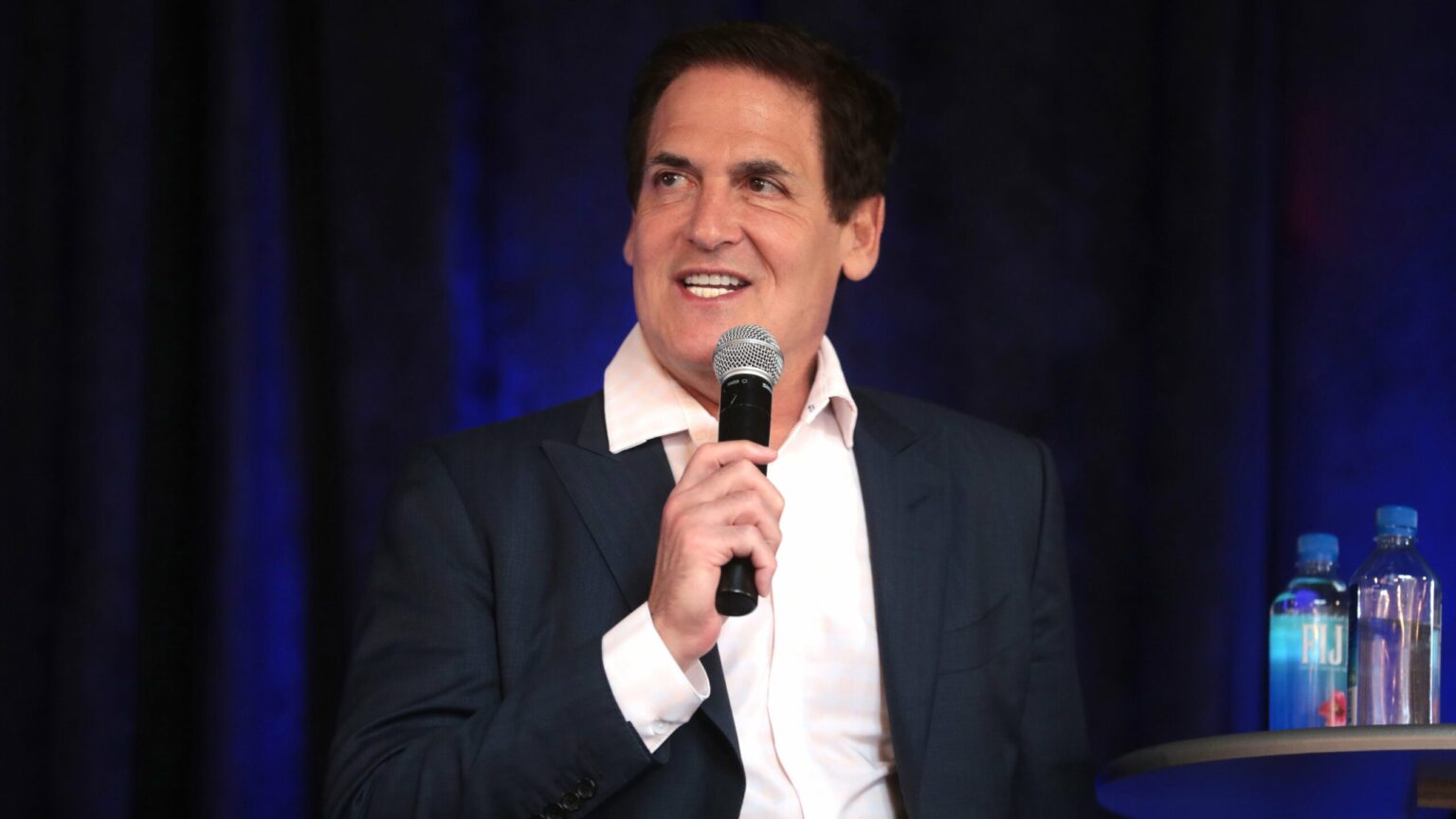Prominent billionaire and tech entrepreneur Mark Cuban has now weighed in on the recent crypto crackdown by the US Securities and Exchange Commission (SEC). In a series of tweets written in June, the tech entrepreneur pushed for simplification of the SEC’s rules governing the cryptocurrency industry, pointing out the ambiguous and convoluted guidelines startups must follow.
An outspoken supporter of Web3 startups, Cuban recently argued that current regulations put these companies in a precarious position due to a lack of clear guidelines. His criticism arose in the midst of a June 14 Twitter debate of John Reed Starkformer chief of the SEC Office of Internet Enforcement.
The SEC throws companies under the bus
According to Cuban, the SEC and Congress should establish a basic registration system for tokens and exchanges, fostering a more favorable environment for both early stage startups and established industrial entities, while still ensuring investor protection.
Not all crypto companies that have tokens or are considering using tokens are large ‘enterprises’. Cuban commentary. “When I and others ask for clear guidance and oppose ‘regulation through litigation,’ the companies I see thrown under the bus by the SEC and Gary Gensler are the dormitory startups driven by sweat equity.”
Here’s the SEC calling the stock lending industry “opaque” and requiring transparency. Note, they don’t call “stock lending” security, as they try to do with crypto asset lending. Nor are they suing the Stock Loan Departments of brokers/banks. They’re going… https://t.co/0gSjAuAkWS pic.twitter.com/GfWm3m1jOB
— Mark Cuban (@mcuban) June 9, 2023
Groupthink is a challenge everywhere. It always has been. Look at politics and tribalism in everything. But that’s no reason to reject technology
And don’t confuse celebrity ads with fraud, especially counterparty fraud
Fraud is also systemic in public stocks. The… https://t.co/IXx60a9CAt
— Mark Cuban (@mcuban) June 15, 2023
grim, in answer, defended the SEC’s position, arguing that the alleged lack of regulatory clarity is irrelevant and that litigation and enforcement are the backbone of securities regulation. However, Stark admitted that regulation can create barriers to entry for entrepreneurs.
Of course, the context for Cuban’s criticism comes from the SEC’s escalating investigation into the cryptocurrency industry. Recently, the regulator has filed lawsuits against Binance and Coinbase, two of the world’s largest cryptocurrency exchanges, citing a range of issues from the failure to protect investors to the mismanagement of client funds.
To date, the regulatory agency’s main enforcement tools seem to consist only of obtaining ill-gotten gains from violations of securities laws, forcing companies to cease operations, and imposing civil penalties. Recently, these practices have come under fire, with the GOP going so far as to call for Gensler’s removal.
Regarding the SEC’s methodology, Cuban criticized the agency’s inconsistent approach to regulation, unlike the cryptocurrency industry with the equity lending industry. He claimed that the regulator has been relatively lenient with the stock lending industry, suggesting similar attention should be paid to cryptocurrency.
Cuba’s call for transparency in regulatory guidelines is echoed by Coinbase. The stock market giant has previously accused the SEC of being uncooperative and inconsistent in their regulatory approach, even petitioning for regulation in 2022 demanding legal clarity. But as late as June 13, Wall Street regulators stated that they had “not decided what action to take on Coinbase’s regulatory petition.”
The ongoing legal battle has raised concerns about the possibility of the United States stifling domestic crypto innovation. Despite the challenges, many believe that a vibrant US-based crypto industry is achievable over time, provided exchanges are as compliant as possible with current regulations.
As the crypto world waits for a clearer regulatory landscape, tension between regulators and innovators like Cuban continues to shape the dialogue on the industry’s future, even as far as the 2024 US presidential race.
Editor’s Note: This article was written by an nft now contributor in collaboration with OpenAI’s GPT-4.











